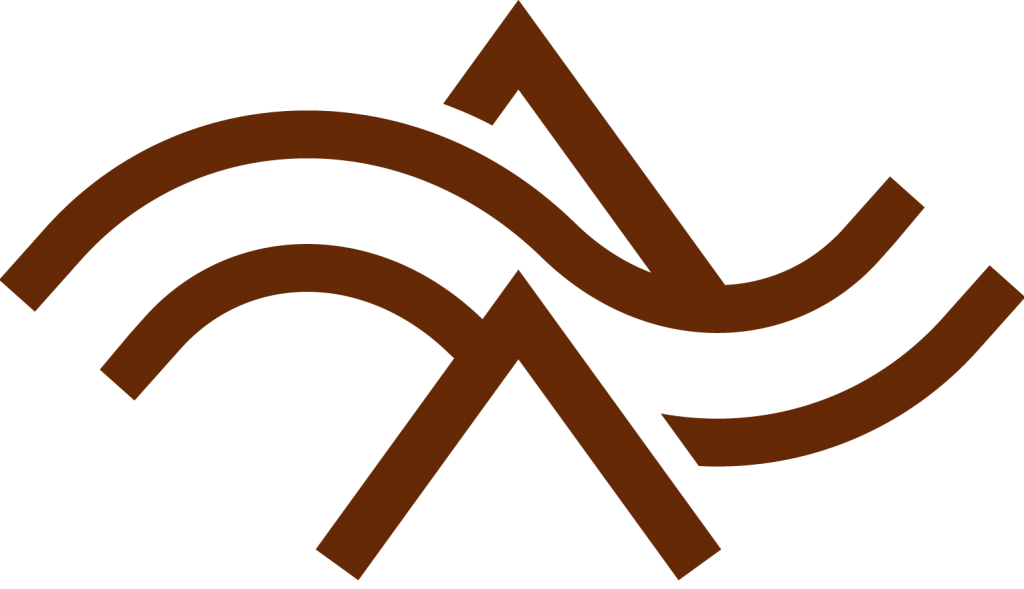We always appreciate when the media talk about us, regardless of the platform. We are convinced that our adventures – especially the AKOR 2021 expedition – inspire people and contribute to increasing public knowledge about the northern regions.
However, it is crucial to be aware that this educational effort can quickly be thwarted by the use of journalistic vocabulary that is out of step with what we are promoting.
The Canadian Arctic, before being a geographical place, is the territory of the Inuit people and their ancestral cultures (pre-Dorset, Dorset and Thule). This region, occupied for thousands of years and today more than ever, is called Inuit Nunangat. This name is important and we must use it.
Nunavut is a political territory – and an identity toponym – created in 1993, after effective negotiation and organization by the Inuit towards the federal government to gain autonomy and a right of self-determination that had always been denied – and ignored – to them. Although political progress has been made in the last 30 years, much remains to be done.
We recognize the struggles of Canadian Inuit societies in their long march towards cultural and institutional decolonization.
That is why we encourage journalists to use a vocabulary that also supports this. When talking about the North and the Arctic in the public space, there are some concepts to keep in mind when :
1. The “North” is northern for us, who live in southern Canada. For the Inuit, however, it is not the “North”, but rather their normal living environment, to which they are perfectly adapted and which is an integral and indispensable part of their identity.
2. The Canadian Arctic is far from being that empty, distant, unknown, lost, uninhabited, pristine, wild and hostile region to which too many people refer. Nor should the Arctic be defined simply as the area north of the 66th parallel or as the limit of trees and permafrost. This region is first and foremost the Inuit Nunangat, the territory of the people who live there and who benefit from special rights recognized by the State under their agreements. The Arctic has been inhabited since time immemorial, is comfortable for Inuit and is at the heart of their magnificent culture.
Following this logic, some terms and lexical fields – too widespread – should be avoided, to prevent from negatively connoting the expedition we are preparing, and to stop perpetuating the negative and reductive vision of Canadians towards the Inuit.
– Conquest, conquer, possession, possess, tame, triumph, dominate, domination, overcome, defeat, win, victory;
– Wild, hostile, empty, virgin, desolate, unoccupied, uninhabited, survive, subsist, persist, resist.
Preferred terms and lexical fields:
– Cross, survey, ski, paddle, explore, discover, adventure, journey, unexpected, risk, reach, rally, connect, adapt, acclimatize, obstacles, resilience, cooperate, collaborate, listen;
– Nunavut, Inuit Nunangat, High Arctic, Low Arctic, Archipelago, Inuit culture, Aboriginal people, Inuit communities, Quikiqtaaluk region, Arctic Cordillera, Ellesmere, Baffin, Northwest Passage.
Thank you for your collaboration and sensitivity to the important issue of the media prism in representations of the North and Aboriginal cultures.

